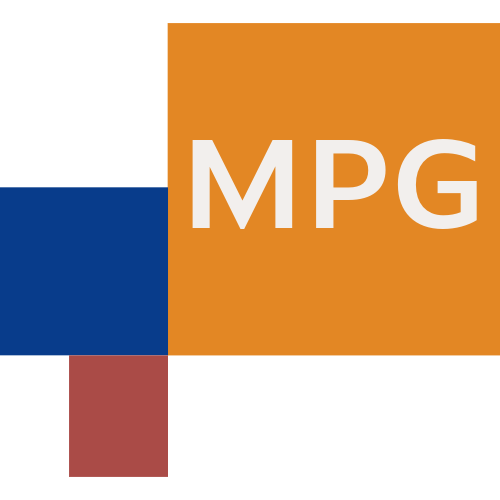menu
menu
Menu
cancel
- arrow_back_iosBacknavigate_nextpersonPersonal
- groupCommunities
- articleBlogs
- eventEvents
- sourceTemplates
- question_answerQuestions
- schoolLearning
- business_centerBusiness
- live_helpFAQ
**How can blockchain technology improve transparency and reduce corruption in government operations and public resource management?
- This question explores the potential for blockchain to provide a tamper-proof, transparent ledger that records government transactions and resource allocations, making it harder for corrupt pr...
- This question delves into the technical, logistical, and security challenges that may arise when adapting blockchain for voting, while considering issues such as voter privacy, scalability, an...
- This question investigates how blockchain can facilitate more direct forms of democracy, such as secure platforms for citizen input on policy proposals or community budgeting, ensuring these p...
How can blockchain technology be utilized to enhance transparency and accountability in government processes and decision-making?
In what ways can digital platforms and tools empower citizens and facilitate more participatory forms of governance, such as online voting or civic engagement applications?
What role do data analytics and artificial intelligence play in modernizing governance, and how can they be used to improve policy-making and public service delivery while safeguarding privacy?
What are the key components of an effective accountability structure within an organization, and how do they contribute to achieving organizational goals?
How can organizations ensure transparency and fairness in their accountability structures, particularly in complex or large-scale operations?
What are some common challenges organizations face when implementing accountability structures, and what strategies can be employed to overcome them?
